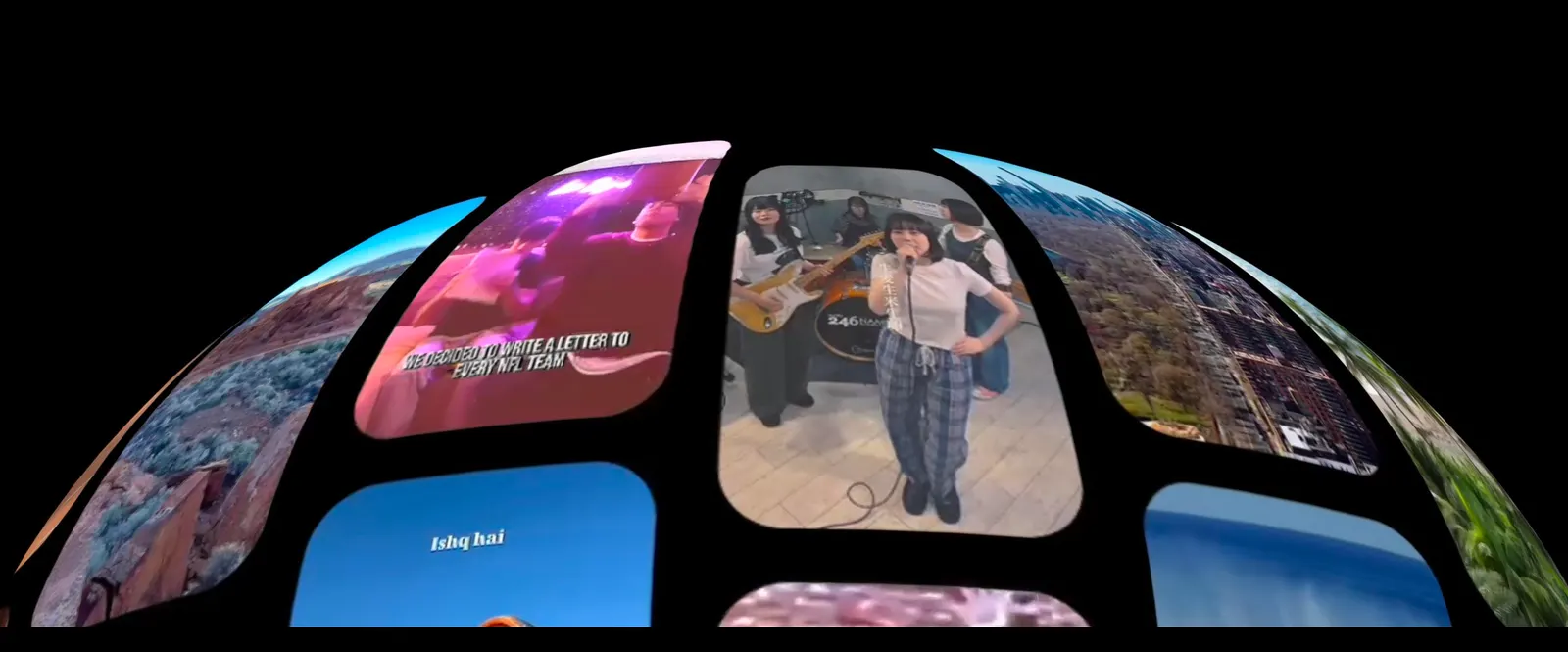In 1936, in the small Spanish town of Busdongo de Arbás, a boy named Amancio Ortega was born into poverty. His father worked as a railway worker, and his mother was a housemaid. The family’s earnings were barely enough to survive, and from an early age, Amancio understood what it meant to struggle. At just 13 years old, he left school to help support his family, taking a job as a delivery boy for a local shirtmaker.
This was the start of his lifelong journey in the world of clothing. His job was simple: deliver fabrics and finished shirts to customers. But Amancio paid close attention to the details — how fabrics were chosen, how garments were made, and most importantly, how customers reacted to different styles. He began to see fashion not just as clothing, but as a business of speed, quality, and customer satisfaction.
In the 1960s, after years of working for various clothing stores and manufacturers, Amancio decided to take a bold step. He noticed that expensive lingerie and fashionable clothes were in demand, but out of reach for ordinary people. His idea was simple: make fashionable clothing affordable for the masses without compromising quality.
With his first wife, Rosalía Mera, he began sewing quilted bathrobes and lingerie in their living room. They sold their products to local shops, and demand grew quickly. By 1975, the couple had saved enough money to open their first store in A Coruña, Spain. They named it Zara.
From the beginning, Ortega’s vision for Zara was different from traditional fashion brands. Instead of designing a collection months in advance and hoping customers would like it, Ortega built a system that allowed Zara to create and deliver new clothing in just a few weeks. This “fast fashion” model was revolutionary. It meant Zara could respond instantly to trends, weather changes, and customer feedback.
If a certain style sold well, Zara could produce more within days. If it didn’t, they would quickly replace it with something new. This flexibility not only reduced waste but also kept customers coming back to see the latest arrivals. The strategy worked — and worked brilliantly.
Throughout the 1980s and 1990s, Zara expanded rapidly across Spain and into international markets. Ortega, however, remained deeply private. While other CEOs courted the press and lived in the spotlight, Ortega avoided interviews, rarely allowed photographs, and preferred to work quietly in the background. He dressed simply, ate lunch in the company cafeteria with employees, and insisted on being called “Amancio” rather than “Mr. Ortega.”
His humility was matched by his obsession with efficiency. Zara’s supply chain became a marvel of the retail world. The company owned much of its production and distribution network, allowing it to control quality and speed. Designers, factory workers, and store managers worked closely to ensure the right products reached the right stores at the right time.
By the early 2000s, Zara’s parent company, Inditex, had become the largest fashion retailer in the world. With brands like Massimo Dutti, Pull&Bear, and Bershka under its umbrella, Inditex operated thousands of stores across dozens of countries. Ortega, once a teenage delivery boy, had become one of the richest men in the world.
Yet, despite his immense wealth, Ortega remained grounded. He continued to live in A Coruña, walking the same streets where he had started his journey. He was known to visit Zara stores unannounced, chatting with employees and observing customers. If he saw a piece of clothing that didn’t seem right, he would quietly suggest improvements. His attention to detail never faded, even when his empire spanned the globe.
Ortega’s success wasn’t without challenges. The fast fashion industry has faced criticism for environmental impact and labor practices. Ortega responded by investing in more sustainable production methods, recycling initiatives, and transparency measures. While critics remained, Zara began to shift toward a future where fashion could be both fast and responsible.
One of Ortega’s most remarkable traits is his belief in empowering employees. Many of Zara’s store managers and executives started as sales associates or warehouse workers. Ortega believed that people who understood the business from the ground up were best equipped to lead it. This culture of promoting from within created loyalty and a strong sense of ownership among staff.
When Ortega retired as chairman of Inditex in 2011, he left behind more than just a business — he left a legacy of innovation, humility, and relentless focus on the customer. His personal fortune exceeded tens of billions of dollars, yet he donated significant sums to education, healthcare, and disaster relief. In Spain, he is known not only as a business giant but as a quiet philanthropist.
The story of Amancio Ortega is not a fairy tale. It’s a testament to what can happen when vision meets discipline, and when a person refuses to be limited by their circumstances. Ortega didn’t have formal education, industry connections, or wealth to start with. What he did have was the willingness to work hard, the humility to keep learning, and the courage to try something new.
Today, Zara continues to thrive, adapting to the digital age with online shopping, sustainable fabrics, and global reach. Millions of people around the world wear clothes that trace their origins back to that small shop in A Coruña. And behind it all is the quiet man who believed that fashion could be fast, affordable, and for everyone.
Amancio Ortega’s journey reminds us that success is not always about being the loudest voice in the room. Sometimes, it’s about listening carefully, observing the world around you, and finding a way to give people what they didn’t even know they wanted. It’s about building something that lasts — and doing it with humility.
From a poor village boy to a global fashion icon, Ortega’s life is proof that dreams are not limited by where you start, but by how far you’re willing to go. His story will inspire generations to believe that no matter your beginnings, you can create something extraordinary with vision, hard work, and persistence.


